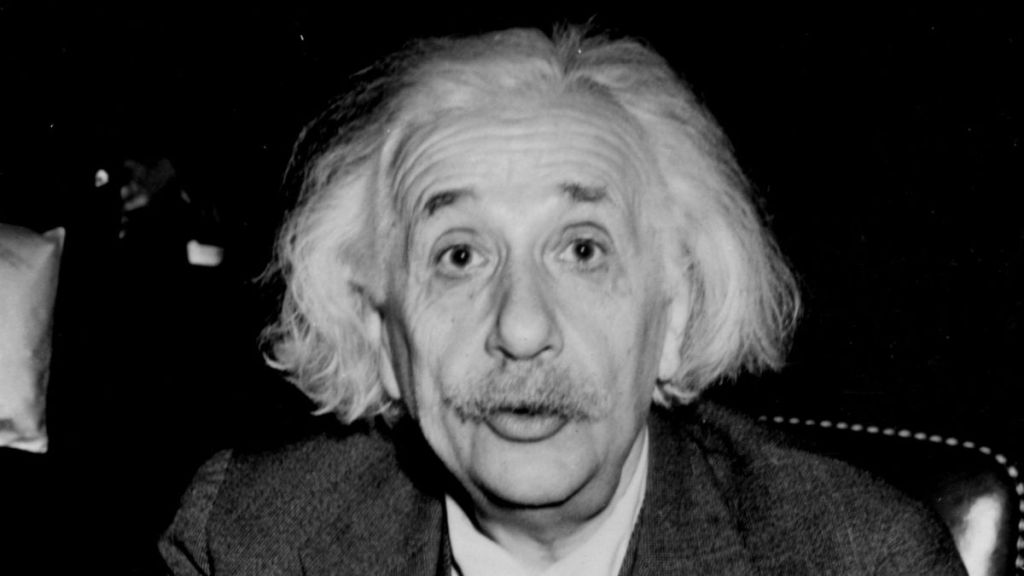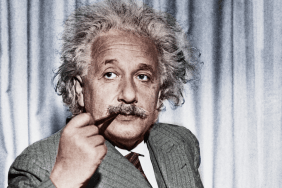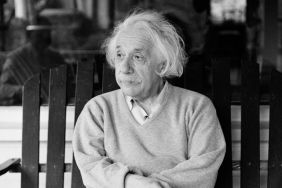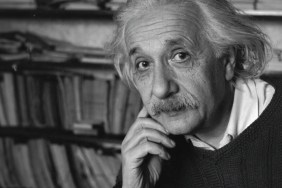The new Netflix docudrama titled Einstein and the Bomb showcases the life and career of German-born theoretical physicist, Albert Einstein. In addition, it also shows the time in his life when he back and forth between his status as a refugee in England.
Albert Einstein was a renowned recipient of the prestigious Nobel Prize in Physics. According to the Nobel Prize’s official website, he received the honor “for his services to Theoretical Physics, and especially for his discovery of the law of the photoelectric effect”. The theoretical physicist explained that light consists of quanta—packets. They have fixed energies corresponding to certain frequencies. Furthermore, one such light quantum, a photon, must have a certain minimum frequency before it can free an electron.
According to Rotten Tomatoes, the synopsis of Einstein and the Bomb reads, “Using archival footage and his own words. This docudrama chronicles what happened after the scientist fled Nazi Germany and dives into the mind of this tortured genius.”
When did Albert Einstein win the Nobel Prize?
Albert Einstein won the Nobel Prize in Physics in the year,1921. However, according to the Nobel Prize’s official website, he received it a year later in 1922. Apparently, during the selection process in 1921, the Nobel Committee for Physics decided that zero nominations met the criteria as outlined in Alfred Nobel’s will. In such cases, the award can be reserved until the following year, and this statute was then applied.
Einstein had been fascinated with the world’s greatest scientific mysteries since he was a child. In Einstein and the Bomb, his character states, “As a child, 4 or 5, my father showed me a compass. This experience made a deep and lasting impression on me. Since this needle behaved in such a determined way, something deeply hidden had to be behind things… The most beautiful thing we can experience is the mysterious.”
Einstein and the Bomb was directed and produced by Anthony Philipson and Anne Mensah respectively.










